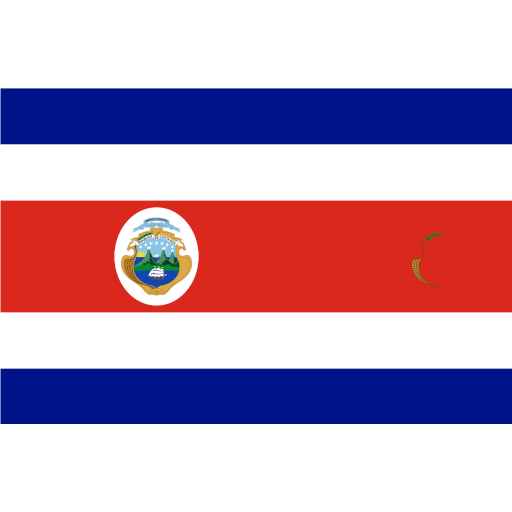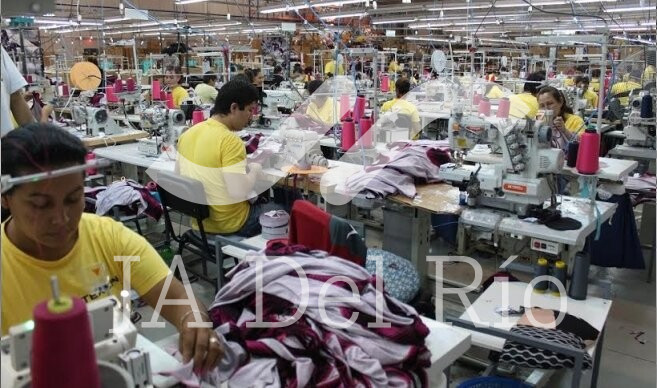For companies registered under the Decree for the Promotion of the Manufacturing, Maquila, and Export Services Industry (in Spanish: IMMEX, “Industria Manufacturera, Maquiladora y de Servicios de Exportación”)That have an “A”; “AA”; or “AAA” type certification that allows them to obtain a 100% tax credit for the Value-Added Tax (in Spanish: IVA) and a Special Tax on Production and Services (in Spanish: IEPS), for the tax on imports that must be paid. It is very important to verify the timely compliance with each and every obligation, in order to continue enjoying the said benefit.
For the purposes of keeping the certification up-to-date, the IMMEX companies must constantly comply with a series of requirements. Some of the following are detailed below:
• Have the proper control over inventory in accordance with the Tax Administration Service (in Spanish: SAT), which must be kept updated on a daily basis and monitored to ensure that there is no outstanding balance on imported raw material temporarily.
• Have valid digital stamps.
• Have a valid IMMEX program and to comply with the established obligations in the said decree.
• Have a positive assessment of tax obligations.
• Comply with a minimum rate of return and/or changes in regime, and to be informed of the obligations as indicated in the IMMEX decree.
• File notices regarding any change in the corporate name, legal address, or of any of the establishments where the production process is carried out, as well as any partners and legal representatives in a period of 5 working days.
• Send electronically, in accordance with Annex 31 through the “SAT web portal”, the downloaded reports associated with each of the return declarations, changes in regime, basic transfers, removals, normalization of merchandise, or where applicable, tax receipts that support the disposition of merchandise for companies in the automotive industry or truck manufacturers, and notices of donation and destruction of transactions subject to a credit or guarantee scheme.
• Send electronically inventory transactions that are under a temporary regime, with the purpose of controlling the related tax credit upon non-payment of the
• Value-Added Tax or the Special Tax on Production and Services (in Spanish: IVA and IEPS respectively).
• Verify that foreign trade operations are carried out only with carriers that have the Harmonized Alphanumeric Carrier Code (in Spanish: el Código Alfanumérico
• Armonizado del Transportista; CAAT).
• File a registration of the companies that will make standard transfer requests, as well as the Taxpayer Identification Number (in Spanish: RFC), of the companies that perform sub-manufacturing processes.
• To be informed of the contributions of the worker-employer’s management in The Mexican Social Security Institute (in Spanish: IMSS).
• Allow monitoring inspections by the customs authorities to verify the timely compliance with the requirements that lead to certification.· Verify on a recurring basis that the maquiladora in not on the published list of contributors in the website of SAT.
• In case the maquiladora requests a credit balance refund for the Value-Added Tax, the decisions rendered by the tax authorities will be monitored in order to verify that there is any ruling denying the same.
• File 60 days in advance the annual application for certification renewal of the Value-Added Tax and the Special Tax on Production and Services, depending on whether it is the “A”; “AA” or “AAA” type.
Furthermore, in addition to the ongoing requirements, special care must be taken in another series of rules and requirements, in order to avoid the cancellation of the Certification, such as:
• Being suspended from the registry of importers and/or the registry of importers in specific sectors and the registry of exporters.
• Not proving that you have the necessary infrastructure to carry out manufacturing or maquila operations.
• When pursuant to the verification powers the temporary importation of merchandise cannot be confirmed, or was returned abroad, transferred, or assigned to another customs regime, within the authorized term.
• When the customs authorities detect that the temporary importation of merchandise is not under the IMMEX program at the authorized domiciles.
• Submitting false documentation or information when filing your application or carrying out foreign trade operations.
According to the points mentioned in this bulletin, we recommend that all obligations inherent to the certified IMMEX companies be verified, whether through its internal department and/or foreign trade advisors.
As good practice, we recommend that a monthly control report be prepared detailing compliance with each obligation.
Please do not hesitate to contact us should you have any further questions.























